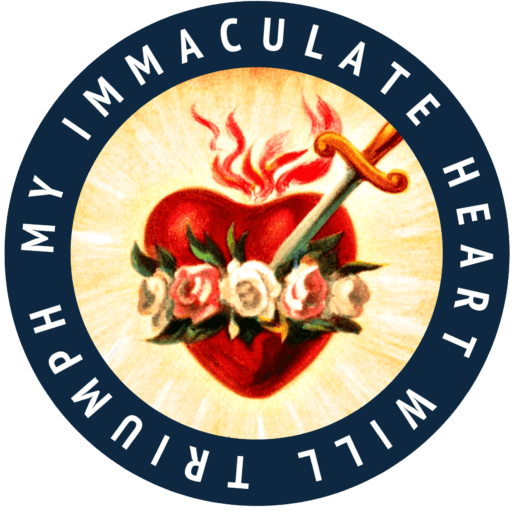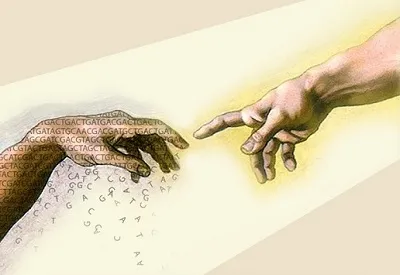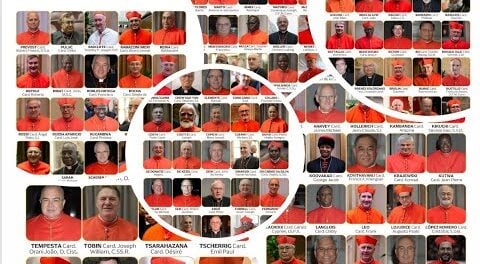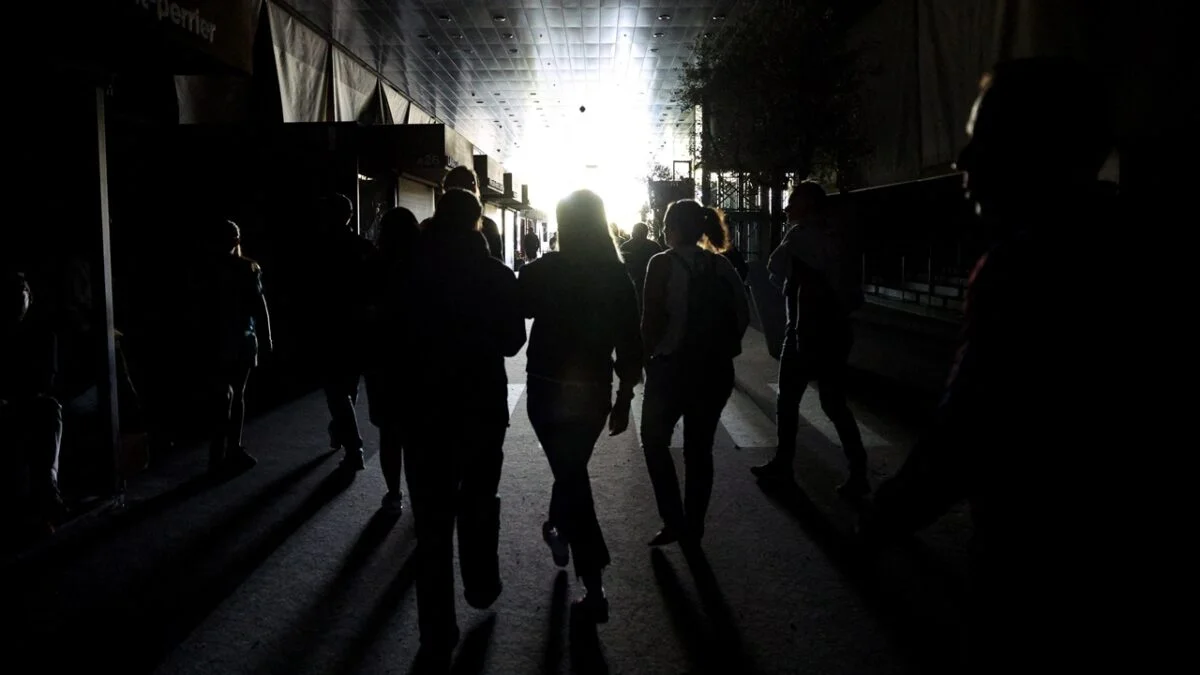
Month: December 2024
-
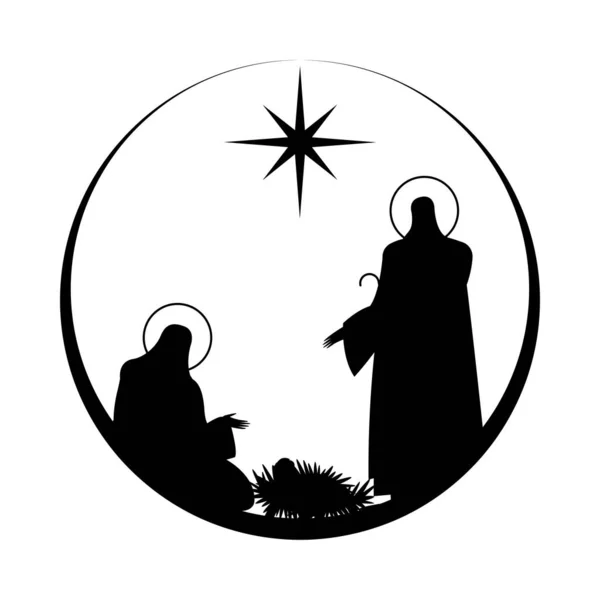
Make a ‘Good’ Confession This Christmas: A Confession Guide for Adults | Preparing Your Heart for Christ’s Nativity
Read More: Make a ‘Good’ Confession This Christmas: A Confession Guide for Adults | Preparing Your Heart for Christ’s Nativity1. I am the Lord your God. You shall not have strange gods before me.-Do I give God time every day in prayer?-Do I seek to love Him with my whole heart?-Have I been involved with superstitious practices or have I been involved with the occult?-Do I seek to surrender myself to God´s word as taught…
-
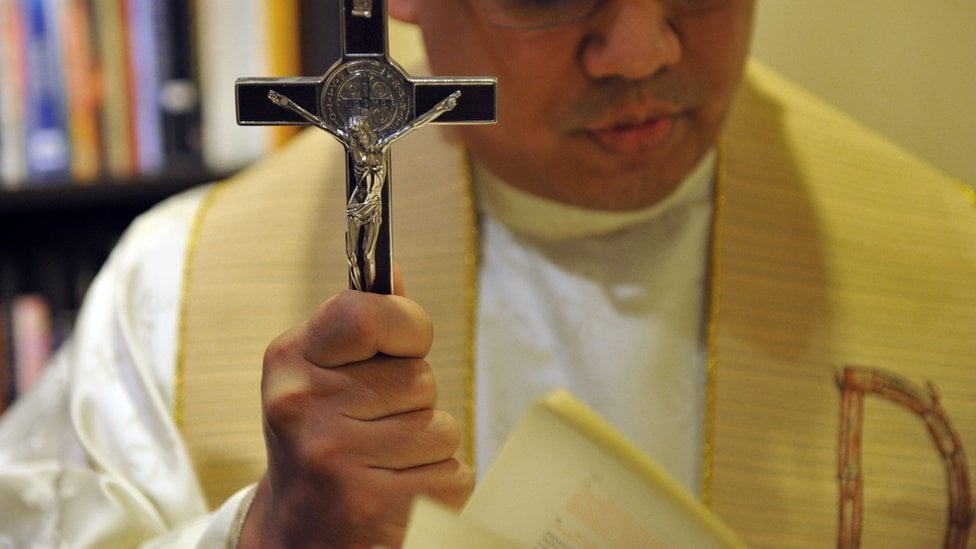
Catholic Exorcism Prayers for the Laity: Official Prayers for Protection and Deliverance!
Read More: Catholic Exorcism Prayers for the Laity: Official Prayers for Protection and Deliverance!Below Catholic exorcism prayers for the laity are approved by the Catholic Church, with references to official Church teachings and documents. These prayers are meant for personal protection, deliverance, and spiritual healing. Catholic Exorcism Prayers for the Laity: Official Prayers for Protection and Deliverance The Catholic Church offers a rich spiritual tradition of prayer for…
Search
Popular Posts
-
🙏 A New Chapter Begins: Supporting Pope Leo XIV with Prayer and Hope | W/ Daniel O’Connor
“Give the new pope a break and support him with your prayers.”–…
-
Possible Candidates for The Next Pope!
Some Candidates for the New Papacy Today we will share with you…
Categories
Archives
Tags
#Miracles (102) 2023 (4) 2024 (4) approved miracles (2) catholic (141) catholic blog (375) catholic meditations (7) catholic miracles (371) catholic motivation (2) catholic news (371) catholic prayers (4) CatholicSeers (359) catholic vlog (375) catholic websites (6) Eucharistic miracle (2) fr jim blount (3) GisellaCardia (11) hamas (3) imitation of christ (2) Israel (4) israel live (5) Israel news (9) jesus (3) jesus christ (4) Latest messages (11) lent 2023 (10) lent 2024 (4) lent homily (2) lent retreat (4) lent retreat 2023 (3) Lourdes (2) messages from god (6) MessagesFromHeaven (364) miracles of catholic church (2) mother and refuge (2) ourlady (325) OurLadyApparitions (22) our lady of lourdes (2) Pope (2) POPE francis (3) pope francis news (2) prayers (3) real miracles (356) sacred heart of jesus (2) The Miracles of Lourdes (2)
